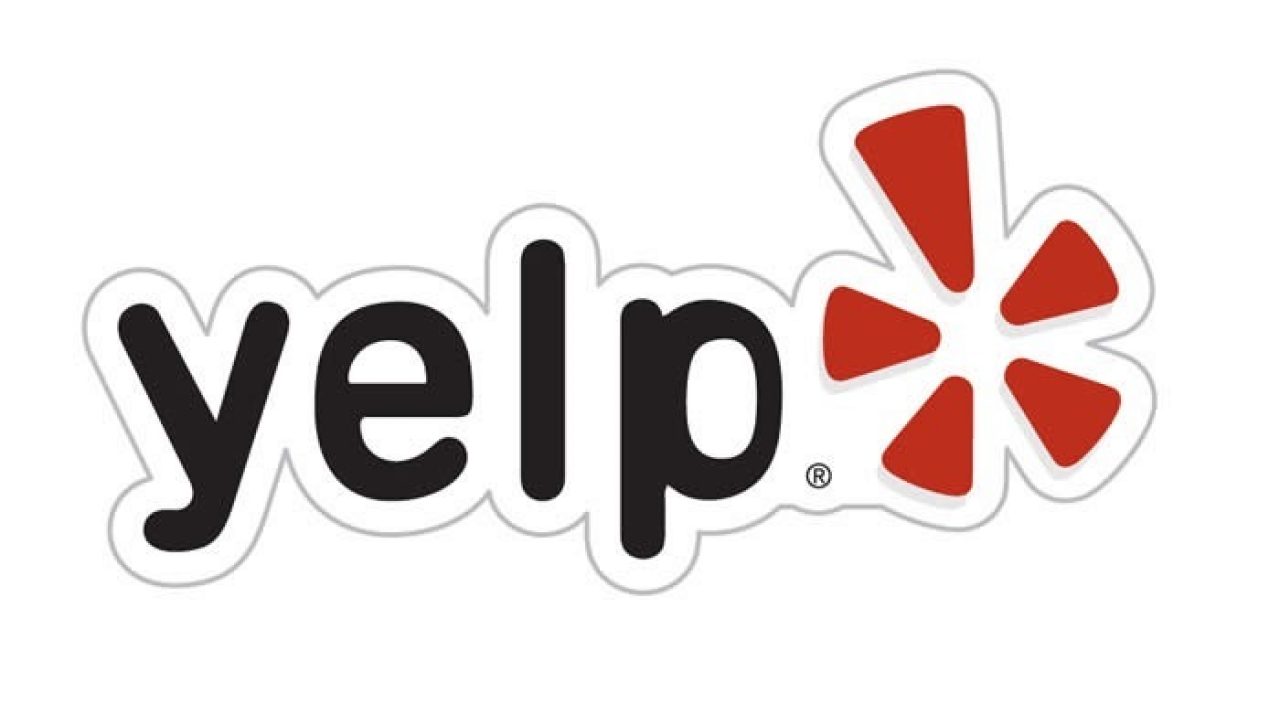To Yelp Or Not To Yelp
Does Yelp offer a valuable service, or is it just a haven for paid advertisers?
Everyone wants to receive the best service available, whether you’re looking for a dependable roofer or a great restaurant. Word of mouth is a powerful thing. If you have a good experience with a company, you’re going to tell your friends and family and recommend them frequently. The same is true if you have a bad experience with a company: you’re going to tell friends and family, based on your experience, to avoid that service. Since we live in a digital era it’s no surprise that the Internet has made it easier for reports of quality of service to spread quickly. Yelp.com offers a site where customers can journal their consumer experiences, good and bad. So how does Yelp work?
Yelp was founded in 2004. The company online communities in every city in the United States, as well as in 27 countries. In order to write a review you must first sign up for a free account. When you sign up for a Yelp account, you provide some basic information: your name, email address, and location. You also create a password to guard your account. It’s a pretty simple process. Once you have signed up you can review any business you desire. If you don’t want to register an account, you can still browse Yelp’s business listings and look at reviews and ratings.
Yelp uses a familiar rating system: one to five stars, with a single star being poor and five stars being the best. Yelp makes money by selling ad space. Yelp does not post every review. They use automated software that they say filters reviews looking for reliable and quality reviews. These filtered reviews that are not posted do not count towards the business star rating. This is where things get questionable.
Yelp has had their so called unbiased rating service called into question by thousands of companies. The Federal Trade Commission says that 2,046 companies have filed complaints since 2008. Many companies have complained that Yelp will not post positive reviews left by customers unless the company agrees to pay for advertising with on Yelp’s site. Basically Yelp was holding hundreds of positive reviews for a company ransom. Other companies have gone on the record speaking out against Yelp. For example several companies profiled in the Los Angeles Times earlier this year claimed that the Yelp sales offered to remove negative reviews if they paid for advertisement.
Yelp has been taken to court multiple times. There’s also a problem with people posting fake reviews. To be fair, a number of other review sites have had issues with fake reviews—Angie’s List, for example.
I personally don’t trust a review from two random strangers I don’t know. I think a lot of people feel the same way. That’s why more and more people turn to Facebook and Foursquare for reviews from more trustworthy sources: your friends and neighbors. That type of review is a lot more powerful. The drawback in that situation, though, is that not having friends everywhere you need to travel in order to see their reviews.
Do I trust Yelp? When looking at reviews, I generally base my decisions on not just one review but several. I might look up what was said on tripadvisor, Google, Foursquare and Yelp and then base my decision on the average of all combined. There’s not a perfect site when it comes to trusted reviews. The best reviews come from people you know and trust, though sometimes a site like Yelp can at least be a good place to start.

 Member Connect
Member Connect